Ed. Note: Former Jewish Journal Senior Writer David Margolis died July 17 at the age of 62 in Israel, where he had lived for the past 11 years. Most recently, Margolis wrote for The Jerusalem Report, where this column, one of his last, originally appeared.
Some months ago, at a kind of evening salon in a settlement just south of Jerusalem, I read a short story I’d written to a group of friends and acquaintances.
The story, called, “The Trapped Dog,” attempted to parse the complex and ambiguous relationship between residents of the small West Bank village where I live, about 40 minutes further south, and our nearest Arab neighbor, with whom the village has a fair amount of commerce.
I was proud of the story, which I thought caught the relationship accurately and subtly, giving correct weight to various currents of suspicion and friendship that — especially after four years of warfare between Palestinians and Israelis — characterize the association in both directions. My audience of about a dozen listened attentively, but to my shock, they turned out to be infuriated by the tale; apparently unanimously, they heard it as a left-wing tract overly sympathetic to the Arab — some of them because I did not question his right to own his piece of land and prosper on it.
Rather than the partly literary discussion I expected, the conversation devolved into a verbal assault in which I felt forced to defend my politics, not my story.
I felt shaken by this experience, since I liked all these people and knew them to be, in ordinary life, reasonable, sweet-tempered, concerned for others and generally nuanced in their responses to things, not (as they seemed that evening), incapable of rising above their fears or of knowing that not everything a character in a story says represents the author’s point of view.
Several weeks ago, as a gesture toward my continuing integration into Israeli life, I decided to have the story translated into Hebrew. The translator to whom I brought the English text gave me a second shock: After reading the story, she — a fiery leftist, it turned out, involved with organizations that fight for Palestinians against what she considers Israeli oppression — refused to take the job. She was infuriated and disgusted, she said, by the story’s horrifically right-wing point of view.
When I thought about it, I took this confluence of responses to “The Trapped Dog” as a kind of literary victory, one that reminded me of the poet Yeats’ remark, “If I would succeed, I must drive men mad.”
In my small way, I felt that I’d written something that engendered a bit of madness in people on both the left and right. Or, more likely, they were already nuts with politics to begin with. Still, I felt pleased to think that my story could make people of widely divergent views at least itchy and uncomfortable.
Their passionate intensity reminded me also of Yeats’ 1919 poem, “The Second Coming,” in which the poet envisions the post-World War world as a kind of negative second coming, an anti-apocalypse of destruction without redemption. There’s a hint of what Yeats calls the “rough beast” in political discourse in Israel now, with so much distrust and even hatred between political adversaries that an opposing opinion can seem not a nexus for discussion but another provocation.
My “victory” would not require driving my countrymen mad but just making a lot of them a lot less certain than they claim to be. How, in a forest as dark as the one in which Israelis and Palestinians have been lost together, can so many people insist that only one path — the one they’re on — leads to the light?
Reprinted with permission from The Jerusalem Report.








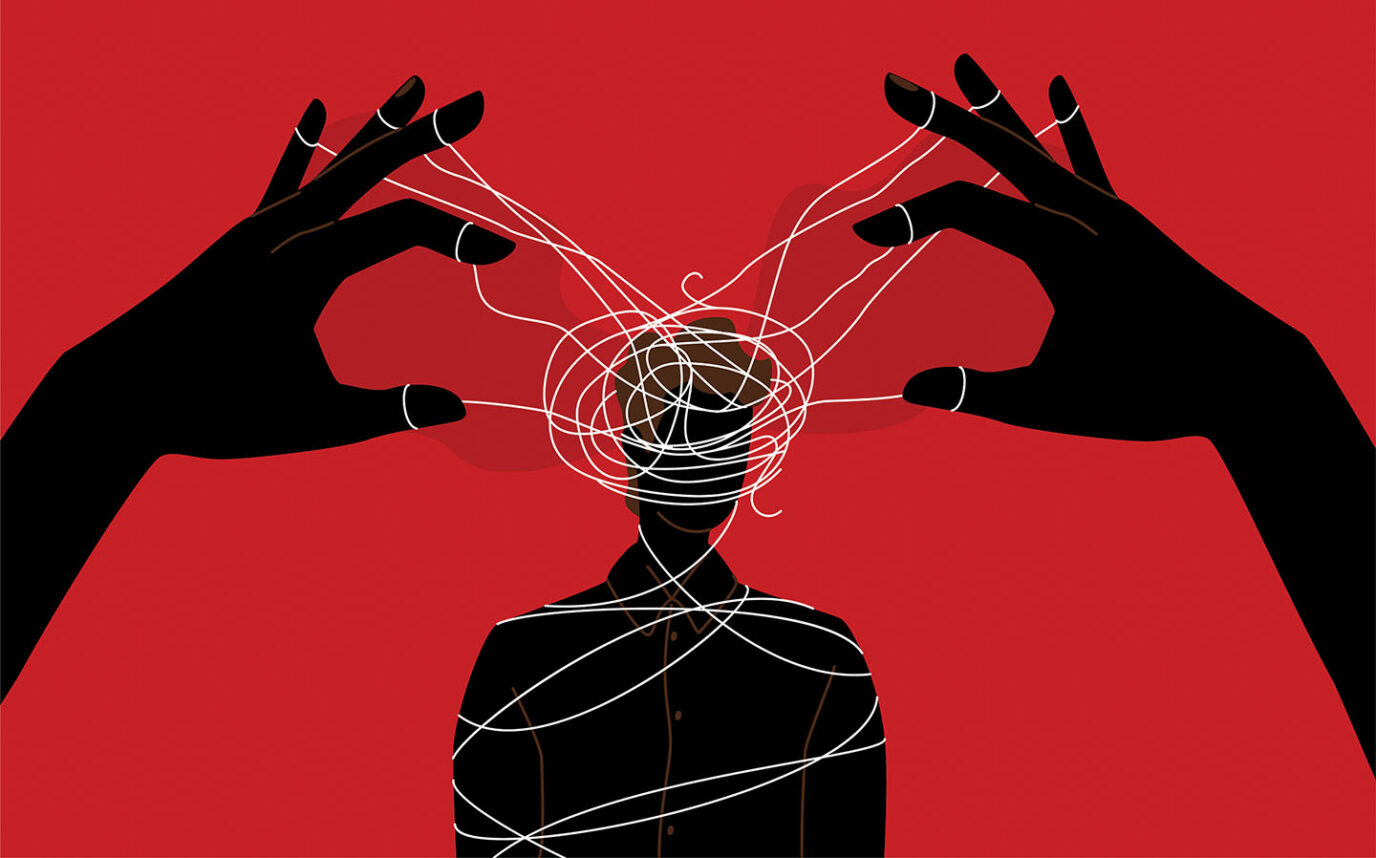





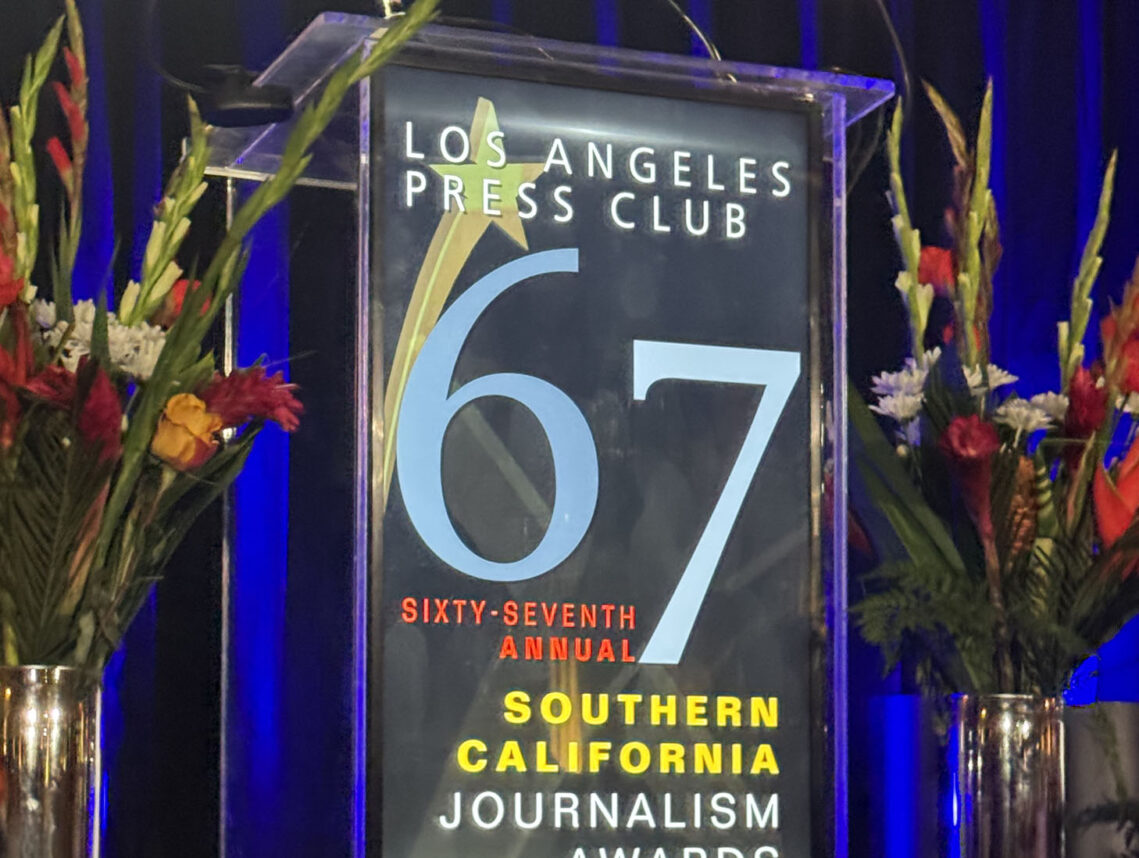
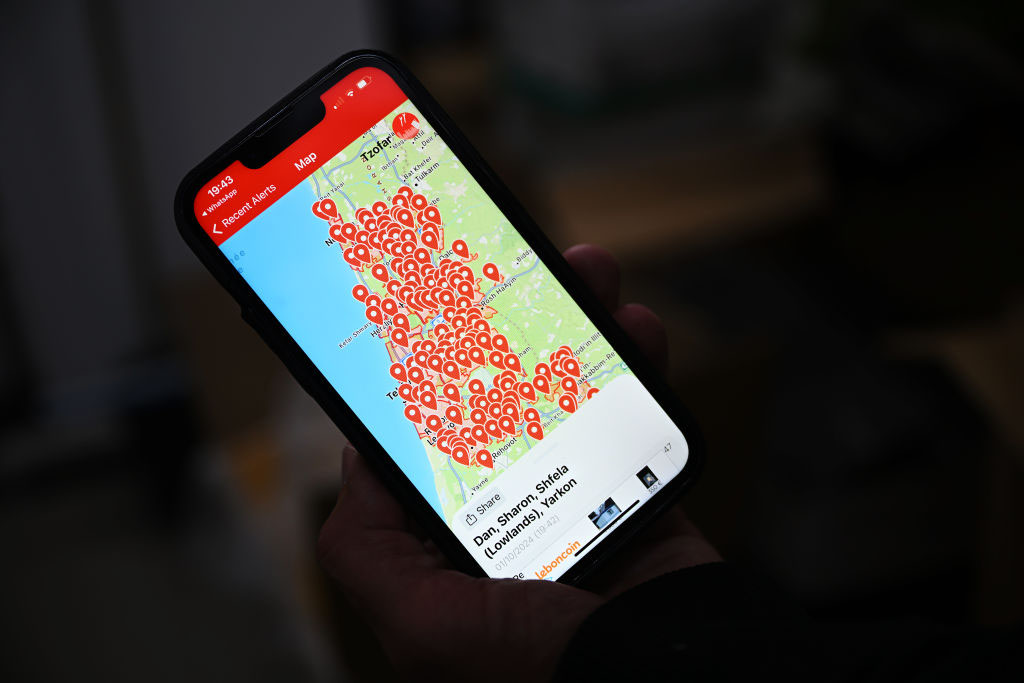
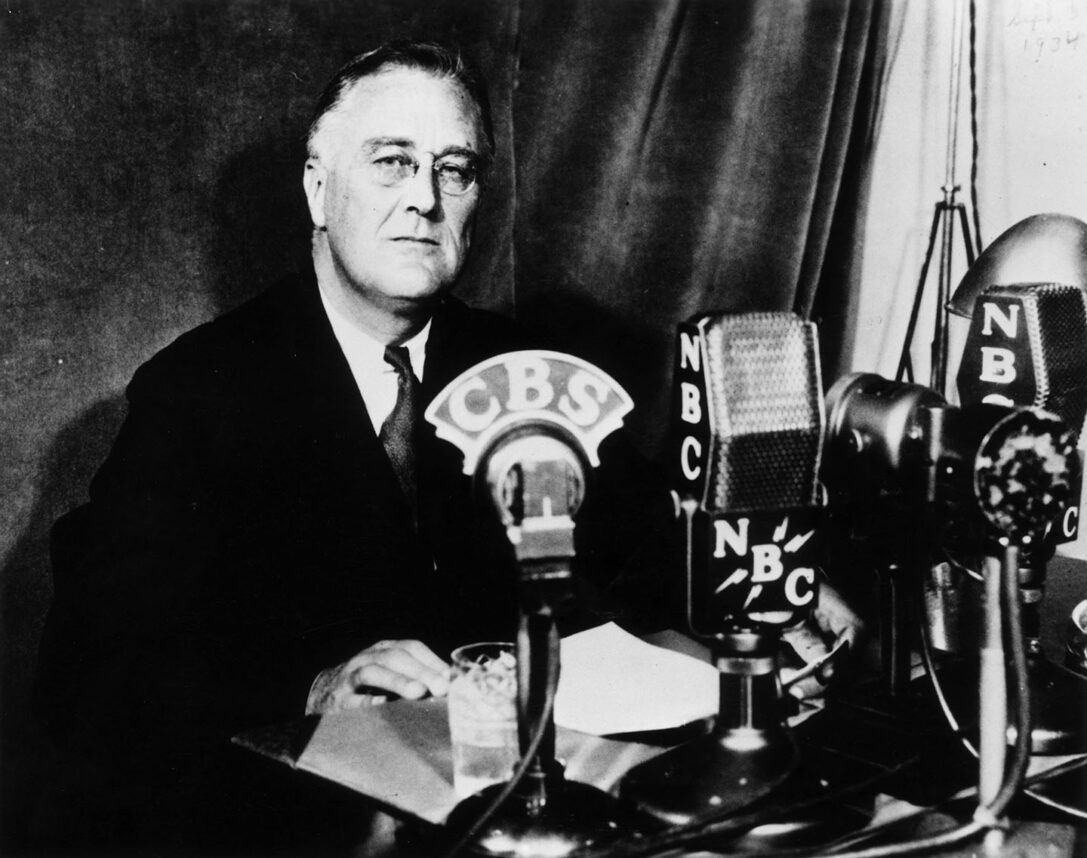

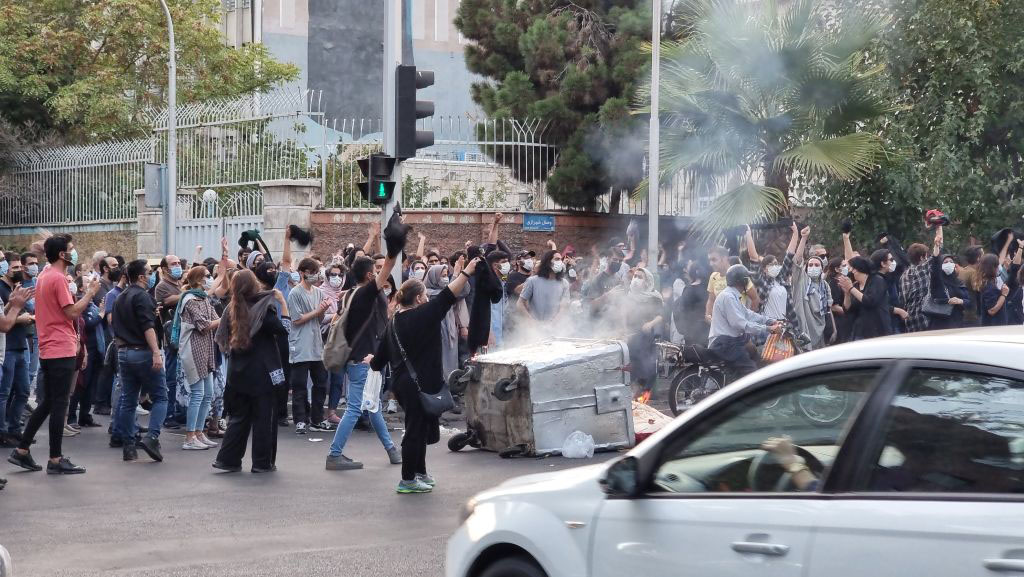








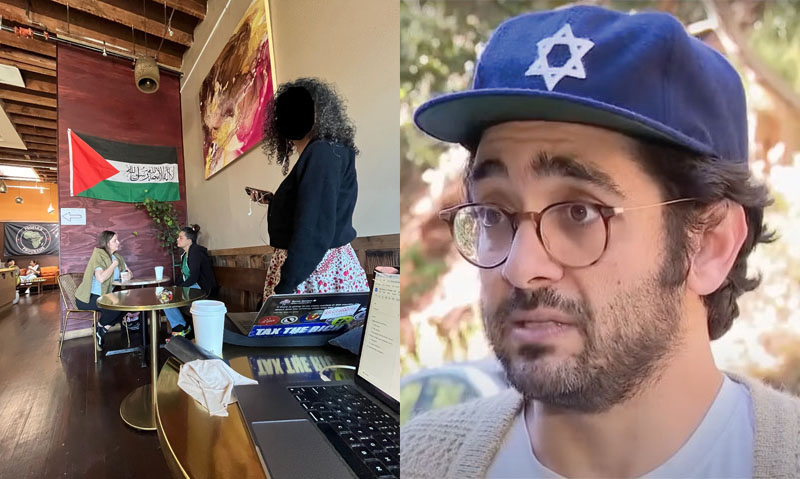





 More news and opinions than at a Shabbat dinner, right in your inbox.
More news and opinions than at a Shabbat dinner, right in your inbox.